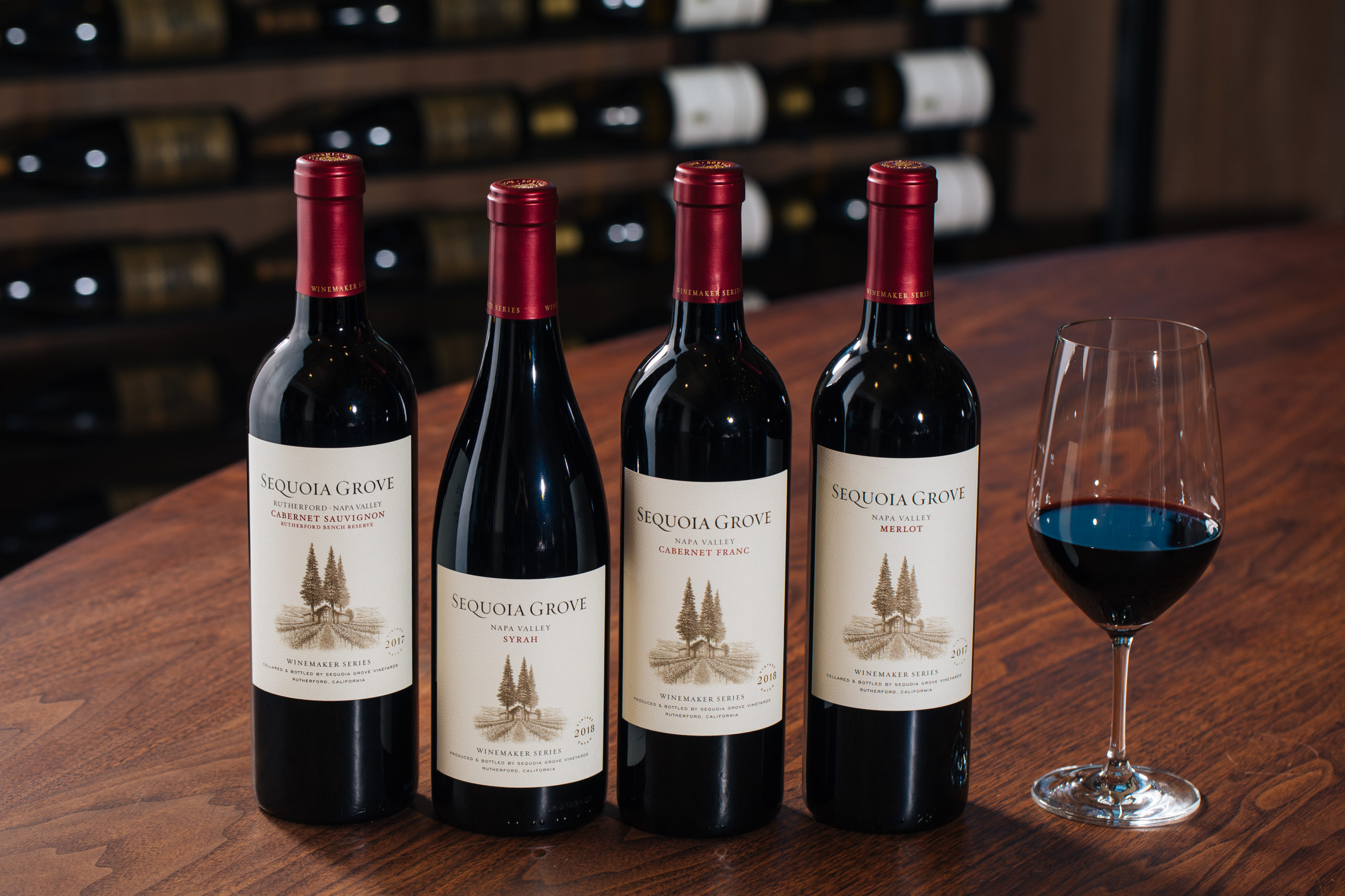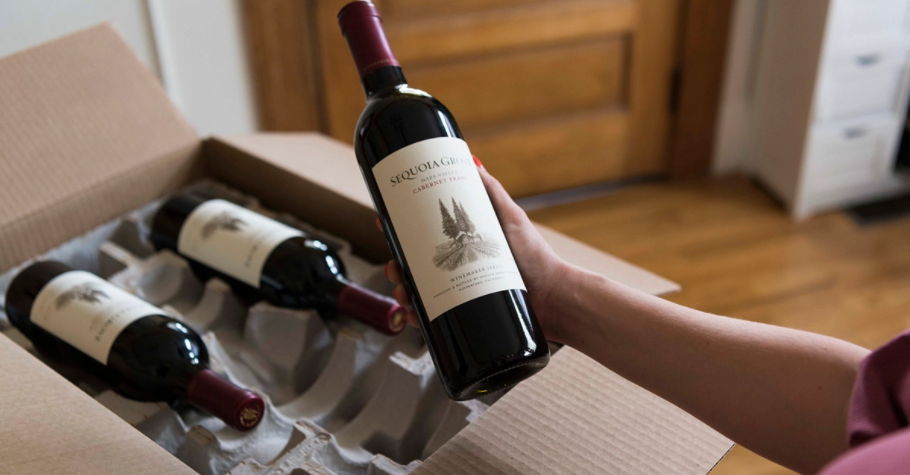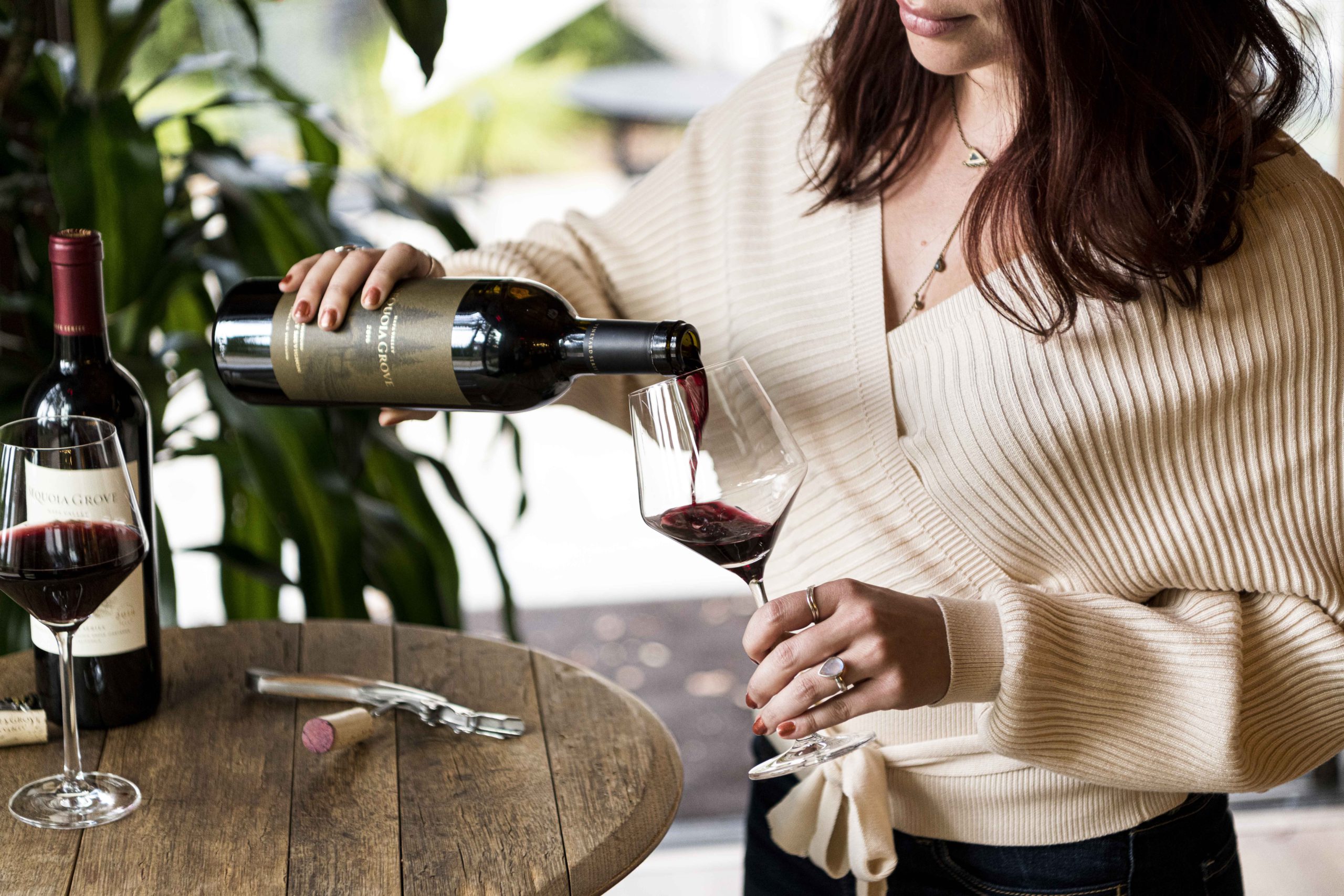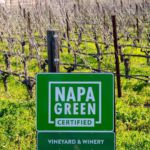Is My Wine Sustainable?
Here’s How To Tell.
- Sequoia Grove Winery |
- January 21, 2022
Many people assume that wineries are sustainable by the mere virtue of being an agricultural business. This is not the case. While winemaking is a low-emitting sector, the wine production process can require large amounts of water and electricity. Over six gallons of water are typically needed to produce one gallon of wine! In some winegrowing operations, widespread spraying of pesticides, herbicides, and fungicides also contaminates groundwater and degrades the soil. Over time, these practices can have detrimental effects on the environment.
At Sequoia Grove, we are dedicated to protecting the delicate ecosystem we call home and reducing our environmental impact at every opportunity. From the towering Sequoia trees by the Tasting Room to each bug, lizard, and bird that lives among the vines, we recognize the value of nature and are investing in a sustainable future. If you’d like to make more sustainable wine purchasing decisions, check out our tips and how Sequoia Grove is committed to making a difference.
How Do I Buy Sustainable Wine?
#1: Look for Accreditation
As much as it is up to a winery to communicate the good work they do, it is also up to a wine consumer to seek out and support green initiatives. When you’re in your favorite wine shop, look for accreditation seals and stickers on the bottles, case box, or website. By purchasing wines certified by NAPA GREEN WINERY AND LAND, or other accreditations such as CERTIFIED CALIFORNIA SUSTAINABLE VINEYARD AND WINERY (CCSW), SIP, or CERTIFIED GREEN (THE LODI RULES), you will encourage more producers to get with the program. As of now, 40% of all of the certified sustainable wineries in California are in Napa County – and that number keeps growing. We are proud to be among them.
#2: Quality > Quantity
Wine isn’t a cheap product to produce. With only one shot a year to get it right, the costs of farming, production, storage, transport, and marketing add up. You can’t pay $10 for a bottle of wine and expect every part of the value chain to benefit! The truth is that eco-friendly alternatives such as solar panels cost more when there is less demand for them. So if you want to buy sustainably-made wine, you’re going to have to be willing to pay a little extra. We’re not saying you need to buy the most expensive bottle on the shelf, but try to support wineries that are open with their information. It also helps if a winery has a traceable history of its wine production from vineyard to cellar to shop.
#3: Ask Questions
Remember: There are no stupid questions! When you visit a winery, don’t be afraid to ask your host about their environmental practices. When you’re at a wine store, ask the owner which bottles are sustainable or which winemakers focus on protecting the environment. Don’t see sustainable options at your local wine shop or favorite restaurant? Ask for them!
How Sustainable Is Sequoia Grove Wine?
Sequoia Grove is working hard to become a Napa Valley leader in sustainability and environmentally-friendly practices. Here are some of the agricultural practices and initiatives we are committed to:
Napa Green Vineyard certification provides a pathway for growers to improve soil health, become carbon neutral to negative within six to nine years, and increase the resilience of vineyards, businesses, and our community. To achieve this certification, Sequoia Grove sacrificed plantable vineyard land to the “Rutherford Reach” project to restore the flow and natural habitat of the Napa River. Our viticultural team also uses deficit irrigation, cover crop, and mulching programs to control vine vigor naturally. This reduces fertilizer needs. We also mulch vine waste instead of burning it and immediately remove vines showing any sign of disease to limit exposure to neighboring vines. To manage pests, we hand weed and use clove oil instead of using harmful sprays to manage pests. To build up soil health, we plant specific cover crops to each of the soil types in our vineyard and practice either alternate-row tilling or no-till. This increases carbon sequestration and encourages soil regeneration.
Napa Green is one of only four sustainable wine-growing programs nationwide, offering comprehensive soil-to-bottle certification in the vineyards and winery. To qualify for this rigorous certification, the Sequoia Grove team monitors all water usage monthly for possible leaks and unusual patterns. We have planted drought-tolerant landscaping and installed drip irrigation to provide precise watering on flowers and grasses. We also redirect stormwater to a bioswale for natural reabsorption into the aquifer.
From a recycling perspective, Sequoia Grove uses recycled paper and cardboard materials made with 50% to 100% post-consumer waste. All wooden pallets, cardboard, natural cork, capsules, and accepted plastics are recycled, and we compost spent grape pomace and other landscape trimmings.
Sequoia Grove Winery is 100% powered by renewable energy through the Deep Green program with Marin Clean Energy. In terms of energy savings, Steven Bowden, Vice President of Consumer Sales & Marketing, states:
“We are committed to taking action to conserve resources and prevent pollution. That’s why we use energy management software that efficiently tracks cellar and tank heating and cooling. Our lights and outlets are computer-controlled to make use of ambient light, lights automatically dim in unused spaces, and passive electrical loads like unused chargers and power supplies turn off when not in use.”
1% for the Planet® was founded to prevent greenwashing, certify reputable giving, and provide accountability. The 1% for the Planet® certification is given to businesses that meet the commitment to donate 1% of annual sales to environmental causes. Through our membership in 1% For the Planet®, we contribute a portion of our sales annually to Save the Redwoods League to preserve habitat for new and old-growth redwood groves.
For Sequoia Grove, the Sequoia sempervirens coastal redwood trees are more than just our brand icon – it’s a symbol of persistence and fortitude. These magnificent trees represent a true sense of place along a narrow strip of the California coast and are currently under threat. Since 1918, Save the Redwoods League has protected more than 200,000 acres of redwood forest and helped create 66 redwood parks and preserves.
Does buying sustainable wine make a difference?
In short: yes! The best way to create change is by voting with your time and money. That said, as a consumer, be aware that sustainability is not all or nothing. Wineries may be sustainable in some ways and not so much in other facets.
We are grateful for the strong foundation laid by our founders and our family ownership over the past four decades. To build on that strength, we have invested in comprehensive initiatives to protect the environment for future generations. But change takes time. With patience, not only will these improvements benefit the environment – they will continue to improve the quality of our world-class wines.
Making the commitment to third party certification takes time and effort, but it is worth it to demonstrate our commitment to the community and to protect our watershed, our land and the air we breathe.
- Susan Boswell, Chateau Boswell Winery





